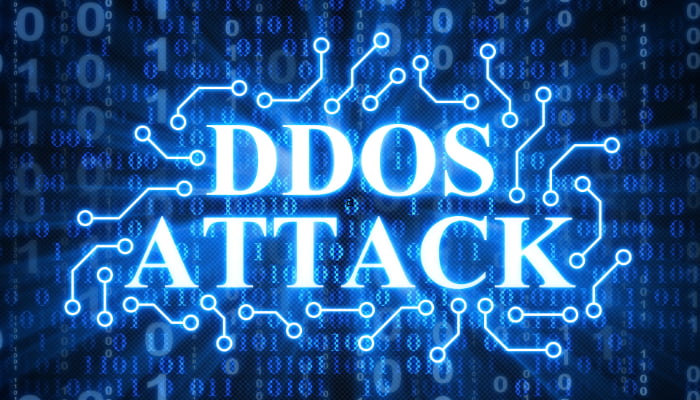In today’s connected world, where businesses depend laboriously on digital technologies and the internet, safeguarding sensitive data and maintaining network protection have become vital.
One of the major mechanisms in protecting against cyber threats is a firewall solutions. A firewall and a firewall security company work as a barricade between a reliable inner network and a non-reliable outer network, effectively filtering and handling incoming and outgoing traffic.
In this blog post, we will explore the significance of firewall solutions in today’s digital landscape and how they play a crucial role in protecting businesses and individuals from malicious activities.
Understand The Importance Of Firewall Solutions:
1. Defending Against External Threats

Firewalls support services act as the first line of defense against external threats, such as hackers, malware, and unauthorized access attempts. They analyze incoming traffic based on predefined rules and policies, allowing only legitimate and authorized connections to pass through while blocking malicious or suspicious activities. With the ever-evolving nature of cyber threats, firewalls play a vital role in preventing unauthorized access to sensitive data and systems.
2. Safeguarding Data Privacy

In an era where data breaches and privacy concerns are widespread, organizations must take proactive measures to protect sensitive information. Firewalls deliver a counted coating of security by observing outgoing gridlock as well.
They can prevent data leakage by blocking unauthorized attempts to send sensitive data outside the network. By enforcing strict access controls, firewalls help businesses adhere to solitude regulations and safeguard their customers’ personal information.
3. Controlling Network Access

Firewall support services allow network administrators to define and enforce key managing guidelines, ensuring that only authorized users can access specific resources within the network.
By connecting with a firewall security company, organizations can control which applications and services can be accessed, reducing the risk of potential security vulnerabilities. Additionally, firewalls can restrict certain websites and content, enhancing productivity and preventing employees from accessing potentially harmful or non-work-related sites.
4. Preventing DDoS Attacks

Distributed Denial of Service (DDoS) attacks can cripple an organization’s network infrastructure by overwhelming it with a massive influx of traffic. Firewalls can mitigate the impact of DDoS attacks by analyzing network traffic patterns and blocking suspicious or malicious traffic before it reaches the network.
By intelligently filtering and diverting traffic, firewalls help maintain network availability and ensure uninterrupted services for legitimate users.
5.Securing Remote Access

With the advancement of remote work and cloud-based services, securing remote access has become crucial. Firewalls play a vital role in establishing secure virtual private network (VPN) connections, allowing remote workers to access internal resources while maintaining the integrity and confidentiality of data.
By securing data transferred over the internet and confirming the authenticity of remote users, firewalls enable secure remote access and protect against unauthorized intrusion.
6. Monitoring And Auditing Network Traffic

Firewalls deliver a practical understanding of network traffic patterns, enabling organizations to monitor and audit network activities. By analyzing logs and generating reports, administrators can identify potential security incidents, detect suspicious behavior, and investigate security breaches.
This visionary technique allows associations to stay one step ahead of cyber threats and allows them to fine-tune their security policies based on real-time information.
Conclusion
In today’s technical era, where cyber hazards constantly developing, firewall solutions are an essential component of any robust cybersecurity strategy. Firewall support services act as the gatekeepers of a network, protecting against external threats, safeguarding data privacy, and controlling network access.
They deliver vital protection against non-required access attempts, DDoS attacks, and data breaches. Moreover, firewalls enable secure remote access and offer valuable insights into network traffic for monitoring and auditing purposes.
By implementing firewall solutions, businesses and individuals can fortify their defenses and create a safer digital environment for themselves and their stakeholders. In the rapidly changing cybersecurity landscape, firewalls remain an indispensable tool in maintaining network security and protecting valuable assets.




.png)


